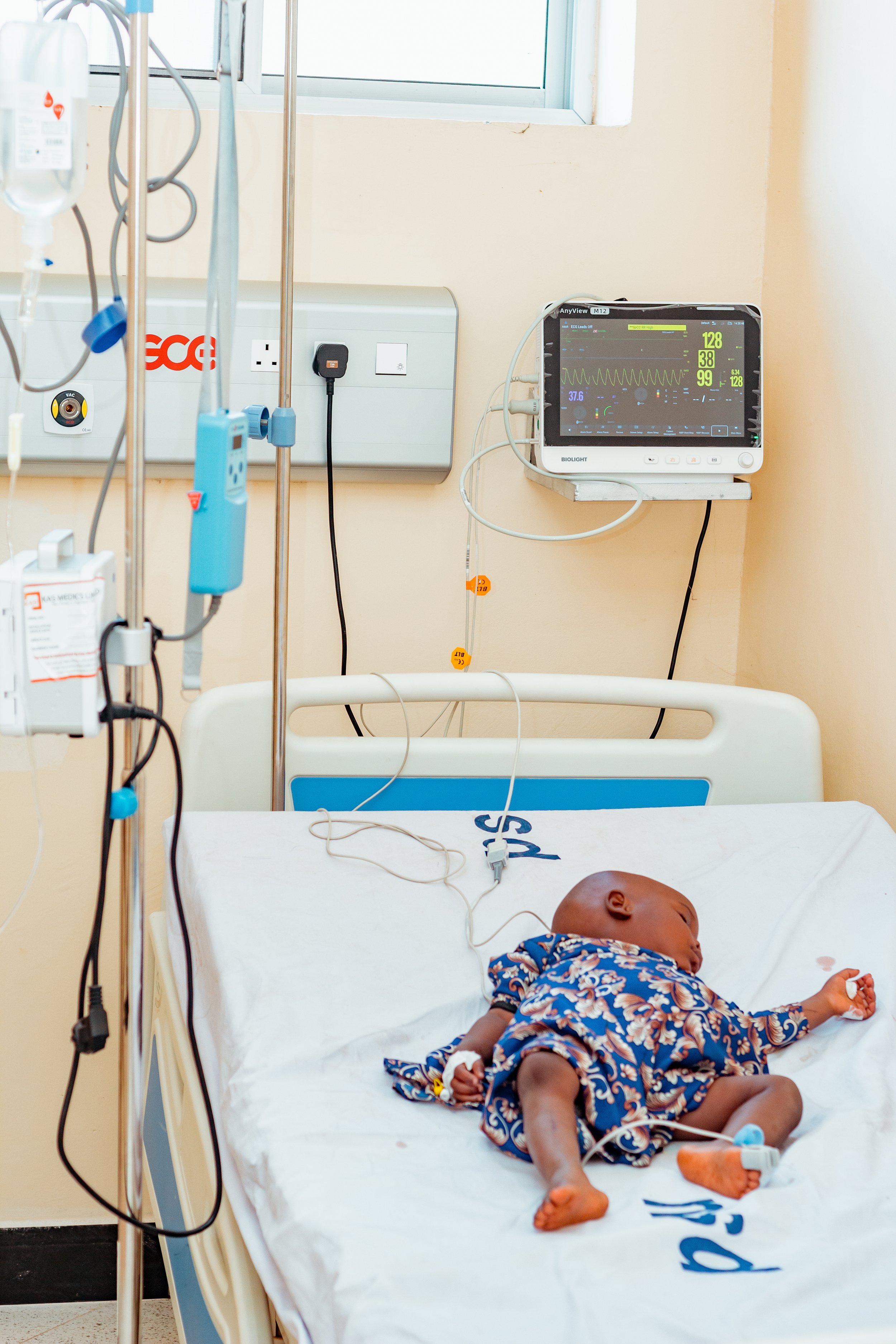
Welcome to the EECC Global Blog
Bridging the Critical Care Gap in Africa: Insights from the ACIOS Study
Most critically ill patients in Africa are not in ICUs and lack access to basic life-saving care. Commentary on the ACIOS study calls out a severe gap in emergency and critical care, highlighting the urgent need for investment in essential, low-cost interventions to save lives.
Strengthening Critical Care in Mogadishu: EECC Training and Assessments at Royal and Demartino Hospitals
Essential Emergency and Critical Care (EECC) training is transforming care at Mogadishu’s Royal and Demartino hospitals. Led by Dr. Isse B. Mohamed, the program equips staff with life-saving skills and assesses hospital readiness, ensuring critically ill patients receive timely, effective care.
Bringing Essential Emergency and Critical Care (EECC) Training to Lebanon: A Lifesaving Initiative
Training healthcare workers in Essential Emergency and Critical Care (EECC) saves lives. In Lebanon, Dr. Märit Halmin adapted EECC training for nurses and surgeons amid conflict, ensuring critically ill patients receive timely, simple, yet effective care in challenging conditions
Saving Lives with Essential Emergency and Critical Care (EECC): Baby Lilian’s Story
Baby Lilian struggled to breathe after birth, but a nurse trained in Essential Emergency and Critical Care (EECC) acted swiftly. With oxygen therapy and careful monitoring, Lilian survived—a powerful reminder that simple, life-saving EECC interventions can prevent unnecessary deaths.
World Health Day 2025: How Essential Emergency and Critical Care (EECC) Can Help Save Mothers and Newborns
This World Health Day, the focus is on maternal and newborn health. Essential Emergency and Critical Care (EECC) plays a vital role in preventing deaths by ensuring timely interventions like oxygen therapy, fluid resuscitation, and airway management—simple measures that save countless lives.
The Oxygen Crisis in Low-Resource Settings: Why EECC is the Solution
A new study reveals critical oxygen shortages in low-resource healthcare facilities, leading to preventable deaths. Essential Emergency and Critical Care (EECC) provides simple, cost-effective interventions—like oxygen therapy and vital sign monitoring—to bridge this gap and save lives globally.
Comparing the cost effectiveness of EECC to other interventions
Essential Emergency and Critical Care (EECC) is one of the most cost-effective health interventions, saving lives for as little as $14 per DALY averted. Compared to vaccines or malaria management, EECC offers an affordable, life-saving solution for critically ill patients worldwide
Listen to Our Founder Discuss the Groundbreaking African Critical Illness Outcomes Study
The African Critical Illness Outcomes Study (ACIOS) exposes severe care gaps in African hospitals. In this podcast, our founder, Tim Baker, discusses the findings and why essential emergency and critical care (EECC) is both urgent and achievable. Listen now!
Most Critically Ill Patients Aren’t in ICUs
A global study in BMJ Global Health reveals that 96% of critically ill patients are treated in general wards, not ICUs. With 19% dying within 30 days, urgent investment in low-cost Essential Emergency and Critical Care (EECC) is needed to improve survival rates worldwide.
Essential Emergency and Critical Care Training in South Sudan
A new Essential Emergency and Critical Care training at Al Sabbah Children's Hospital in South Sudan is equipping doctors and nurses with life-saving skills. Developed by The EECC Network, the course covers vital interventions like airway management, oxygen therapy, and shock treatment, strengthening emergency care in a country with limited medical resources.
Essential Emergency and Critical Care: A Cost-Effective Lifesaver in Resource-Limited Settings
Essential Emergency and Critical Care (EECC) is a cost-effective solution for improving critical care in low-resource settings. By prioritizing simple interventions like oxygen therapy and vital signs monitoring, EECC saves lives at a fraction of the cost of advanced care. This study urges policymakers to invest in EECC for greater health impact.
How many people are critically ill in Africa? And how many are dying?
The African Critical Illness study uncovered alarming data about the prevalence and mortality rate of critical illness.
It’s possible to use this data and other data sources to estimate the number of critically ill patients in Africa, and the number dying each year.
The African Critical Illness Study (ACIOS)
A new study published in The Lancet has provided the first comprehensive, continent-wide analysis of critical illness in African hospitals. The African Critical Illness Outcomes Study (ACIOS) highlights significant gaps in the availability of essential emergency and critical care (EECC), despite evidence that these interventions are both feasible and cost-effective
Refining Essential Emergency and Critical Care Training: A Stakeholder Workshop in Dar es Salaam
Stakeholders gathered in Dar es Salaam to refine the EECC training course, ensuring healthcare workers receive essential skills to improve emergency and critical care services across Tanzania.
EECC at the 2025 Society of Critical Care Medicine Congress
EECC Global founder Karima Khalid highlighted the urgent need for Essential Emergency and Critical Care at the 2025 Critical Care Congress, emphasizing its role in improving care for critically ill patients worldwide.
Lack of access to medical oxygen is causing widespread suffering and death
A new report reveals that 60% of people still lack access to medical oxygen, causing preventable deaths. Experts urge urgent action to ensure equitable oxygen access and essential critical care worldwide.
WFSA Webinar: Anaesthesiology in Health Emergencies, featuring EECC
Tim Baker and Karima Khalid led a WFSA webinar on Anaesthesiology in Health Emergencies, highlighting EECC’s role in providing life-saving care for critically ill patients, regardless of resource limitations.
Urgent Action Needed: New Research Highlights Gaps in Critical Care for Children in Resource-Constrained Settings
Every child deserves access to life-saving care when they fall critically ill. However, new research from lead author Teresa Kortz, published in The Lancet Global Health paints a stark picture: in resource-constrained settings (RCS), many children suffer from acute critical illness without access to basic interventions that could save their lives


















